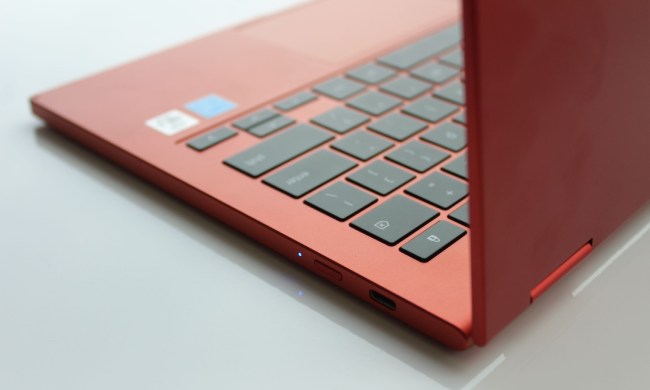
“This will definitely come in handy for touch devices,” wrote Google employee Francois Beaufort in a Google+ post.
The experimental feature is being tested in the latest Google Developer update. “All you have to do is enable the flag chrome://flags/#quick-unlock-pin, restart Chrome, and go to Chrome Material Design settings page for now to set up your Lock Screen PIN in the new ‘Screen Lock’ section,” Beaufort continued. “When it’s done, lock your screen…and enjoy the new experience!”
As OMG! Chrome reports, the update comes as part of the most recent Canary Build for the Chrome operating system, and it does away with the pesky task of inputting a potentially long and difficult Google account password every time users try to unlock their computer. Of course, it’s only to unlock a computer — logins and boot ups will still require the entire password.
The new PIN option adds a third possibility to the current methodologies, which at present include just the entire Google account password or a paired smartphone. Those wanting to dig deeper should check out the source code here.
Seeing as the feature is purely experimental for the time being, there’s still a chance that Google could make a few more tweaks to the system, perhaps making it even easier to use. So if you’re tired of typing in a long alphanumeric password just to get into your Chromebook or Chrome OS, you’re finally looking at a solution.


